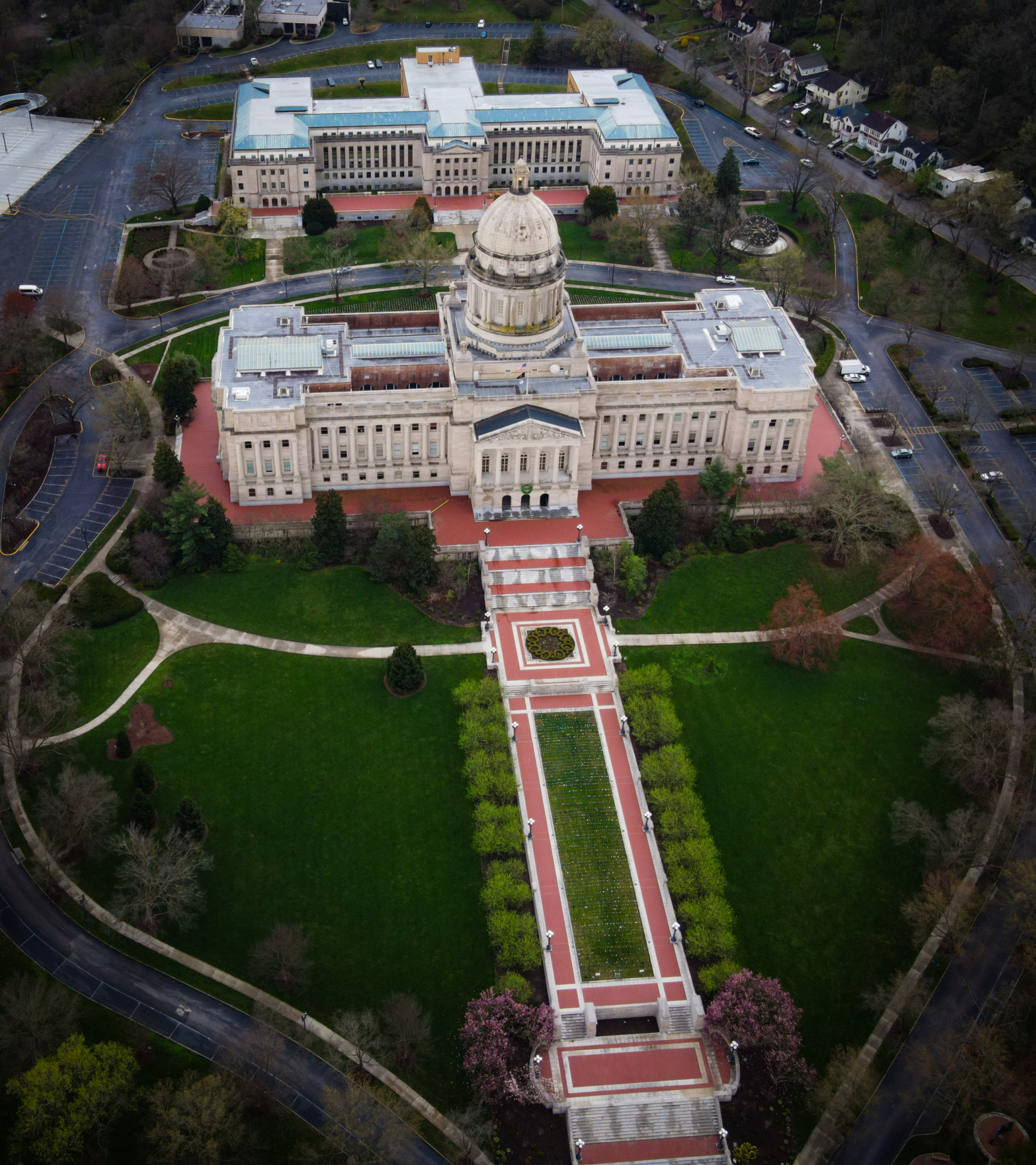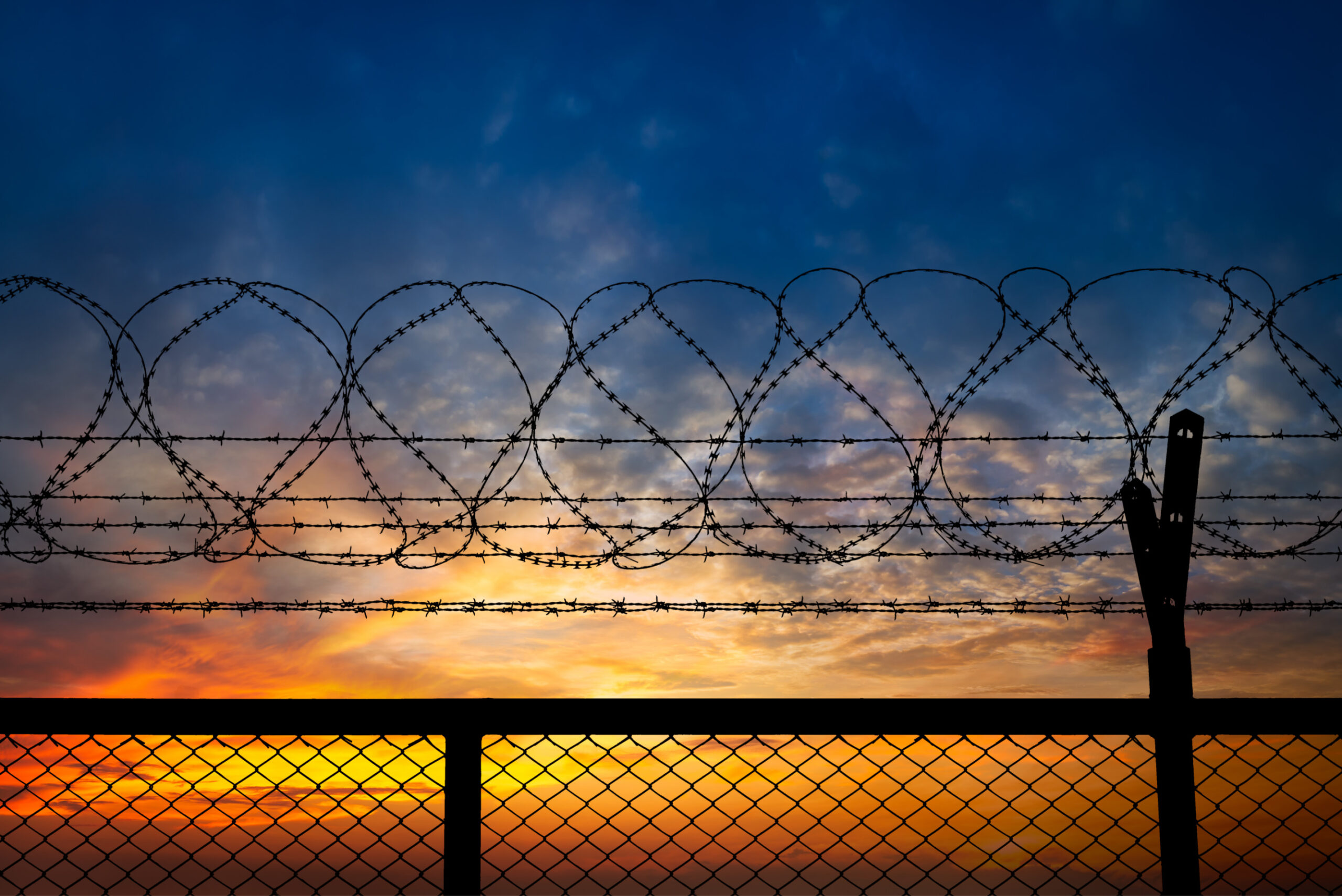New York State Senator Pushes for Year-Round Daylight Saving Time: What You Need to Know

A new bill introduced by New York State Senator Joseph A. Griffo aims to establish Daylight Saving Time (DST) as the year-round standard time in New York State and New York City. This proposed legislation seeks to amend both the General Construction Law and the Administrative Code of the City of New York, ensuring that the state observes Eastern Daylight Saving Time (EDT) throughout the entire year. The bill is currently under review by the Senate Judiciary Committee.
If passed, the bill would eliminate the twice-annual clock changes that currently occur in New York, where the clocks are set forward in spring and back in fall in line with federal guidelines. Instead, New York would adopt EDT year-round, moving away from the current system of shifting time in the spring and autumn. The proposed changes would align both the state’s and New York City’s time regulations with Eastern Daylight Saving Time, provided that federal law permits year-round DST.
Senator Griffo, who introduced the bill, emphasized that Americans have consistently expressed frustration with the clock changes, noting, “Americans overwhelmingly have expressed their desire to stop ‘falling back’ and ‘springing forward’ each year, according to a recent poll. After hearing from many constituents about this issue, I believe that more people would like to have it lighter longer in the evening and that we should make daylight saving time permanent in New York.”
The bill has already attracted the attention of key co-sponsors, including Senator Thomas F. O’Mara, representing the 58th Senate District, and Senator Mark Walczyk, representing the 49th Senate District. The three sponsors argue that the change could bring various benefits, including longer daylight hours in the evening, which some proponents believe could lead to reduced energy consumption and improved public safety. However, the shift to permanent daylight saving time is not without its critics.
Opposition to permanent DST has been voiced by health experts, religious communities, and a number of political figures. The American Academy of Sleep Medicine (AASM) and other health professionals argue that year-round DST could disrupt natural circadian rhythms, leading to negative health outcomes such as sleep disturbances, heart attacks, and strokes. These groups advocate for permanent Standard Time, which they believe better aligns with the body’s natural biological clock.
Religious communities, particularly Orthodox Jews, have also expressed concerns about the impact of permanent DST on their religious practices. The timing of prayers and fasting is closely tied to the position of the sun, and year-round DST could disrupt these observances, creating challenges for those whose daily schedules depend on natural light.
Despite these concerns, Senator Griffo has defended the bill, pointing to research that suggests the benefits of permanent DST. “I recognize that there are some who oppose this idea and understand their concerns. However, studies and research have indicated that observing daylight saving time year-round can improve health, lead to reductions in crime and traffic accidents, and increase economic activity, which helps businesses and the economy.”
Additionally, Griffo noted the regional nature of the push for year-round DST, stating, “I will continue to communicate, collaborate and coordinate with my legislative colleagues in other states to build support for the passage of federal legislation that would allow states to adopt daylight saving time as the permanent standard measure of time. It just makes sense to not have to change our clocks twice a year.”
One significant aspect of the bill is that its enactment in New York will depend on whether neighboring states—Vermont, Massachusetts, Connecticut, New Jersey, and Pennsylvania—pass similar legislation. The bill outlines that the law will take effect in New York once these states enact identical measures. However, if these states have already passed such laws, the changes in New York will take effect immediately.
Supporters of the bill emphasize that this legislative move is part of a broader regional effort to standardize time practices and potentially bring about economic and social benefits. The discussion surrounding permanent daylight saving time has been gaining traction over the past few years, with various states considering similar proposals.
The bill is still in its early stages, having been introduced on January 27, 2025, and is currently under consideration by the Senate Judiciary Committee. If it makes it through the legislative process, it will move to the Senate floor and, if passed, be delivered to the Governor for approval. Should the bill be signed into law, it would position New York at the forefront of the movement for year-round daylight saving time, potentially serving as a model for other states.
As the debate over the bill continues, the public and lawmakers alike will be keeping an eye on developments, with the goal of determining whether the benefits of permanent daylight saving time outweigh the potential drawbacks.
RECENT










BE THE FIRST TO KNOW
More Content By
Think American News Staff











